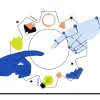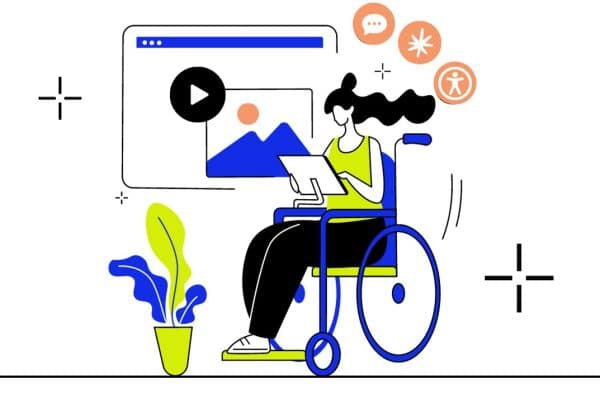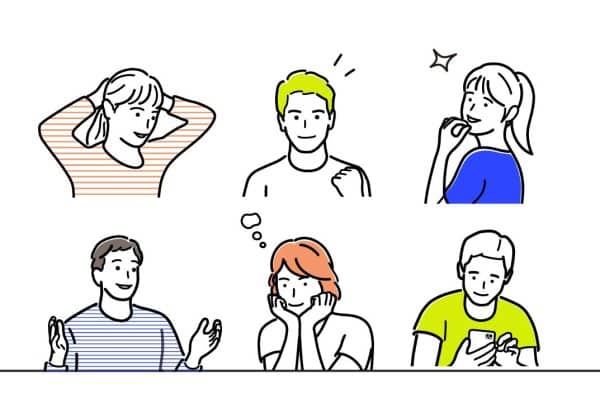All I can say is, “WOW,” the hacking of websites seems to be fast becoming a global pandemic! I’ve been in the business of building websites for the past 15 years and back then it was almost unheard of for some Joe-Schmo small business to have their website hacked. It seems like in the past 5 years though, it has really exploded to become a huge problem and each year it gets exponentially worse.
Why are websites being hacked?
There are a myriad of reasons why coders become hackers. Here are just a few:
- To steal sensitive data such as credit card or personal identity information
- To inject harmful scripts or “malware” that will cause damage to computers or networks if accessed via a web browser
- To install scripts that will hijack your web hosting server and turn it into a slave outpost for sending out spam emails (you know those stupid one line emails you get selling Louis Vuitton bags?)
- To inject spammy backlinks on your website to other sites (a “black hat” SEO technique that still lives on)
- To prove that they can
- To just plain be a pain in some stranger’s ass.
Revenge is usually pretty low on the list of reasons, despite some of the notoriety of some of the higher profile hacking attempts. However, my personal concern is that in the years to come, we will be able to add another reason to the list: to fight wars. Yes, if you step back and take a panned out look at what’s happening now, it doesn’t seem like too far a stretch to think that the next wars will be fought on the Interweb and coders will be soldiers.
Why was my website hacked? After all, I don’t have any enemies that I know of.
Trust me, unless you’re Sony or Microsoft, then the odds are that the hacking of your website was completely random. It was simply sniffed out by an automated web-crawling robot (the bad kind not the “GoogleBot” kind) and it was able to infiltrate your website because it had a vulnerability of some kind (see preventative measures).
What can I do to restore my hacked website?
If your website was hacked and you don’t have a full backup, your first step should be to call your website host. Some website hosts have incremental snapshot backups and can SOMETIMES be able to restore your site from back before things went sour. The next step, if that one proves fruitless, is to call the Web Designer who built it. Chances are he or she may have retained a backup of their work and can restore it for you, for a fee. Or, they may be able to remove the infected portion of your site and restore it back to functionality. Expect to pay a fee for this as well; after all it was not the Web Designer’s fault your site got hacked and they’re really helping you out by fixing it for you rather than leaving you to start over from scratch. Basically, the bad news is that if these options don’t work out, then you will probably have to start over from scratch. That’s why we’ve highlighted some preventative measures to ensure that the hacking infraction is a once-in-a-lifetime experience for you.
What can I do to prevent my website from being hacked again?
- update, update update
- Change your passwords frequently and YES, you need to make them complicated (I know, I hate it too)
- Use google websmaster tools
- Keep backups in an offsite location
- Subscribe to security scanning such as sitelock, often offered by web hosts
- Or…retain a web developer to handle all this for you















